| Who owns your blood, your cells, your genetic material? Those who have followed the complicated story of Henrietta Lacks since her death in 1951 know that, at its core, the case is about genetic ownership. Ms. Lacks did not provide her consent before her cells were sold and used for medical research over the span of decades. Her harrowing story, as well as the story of her family’s legal struggle to right serious bioethical wrongs, have begged the question: Should government officials and third parties be required to get your permission before procuring, distributing, analyzing, and selling your genetic information? Last week, the family of Henrietta Lacks and their legal team announced that a confidential settlement with biotech giant Thermo Fischer Scientific had been reached. The announcement of this settlement near Baltimore’s Johns Hopkins Hospital, where Ms. Lacks died from cancer, was a significant win in the critical battle over genetic ownership. Though her family hadn’t previously received compensation, they did reach an agreement with the National Institutes of Health in 2013. This agreement gave them some control over how the DNA code from Ms. Lacks’ cells is used. While some still question whether we as Americans own our genetic material, we at CCHF know exactly where we stand. In short, our bodies are NOT public property. Unfortunately, individuals and businesses seek to profit off the cells, the DNA, and the genome of Americans, both young and old. Ms. Lacks was violated when her tissues and cells were harvested without her consent. Citizens’ Council for Health Freedom (CCHF) has long championed the issues of genetic ownership and individual consent. Since 2003, CCHF has led the charge to implement real, meaningful parental consent requirements for researcher and state use and sharing of state-stored newborn DNA and genetic test results. This past June, CCHF worked with Montana State Senator Daniel Zolnikov to introduce SB 351, the Genetic Information Privacy Act, and initiated a successful grassroots campaign urging Governor Greg Gianforte to sign the bill into law. Companies like Ancestry.com and 23andMe must now obtain consent before sharing Montana residents’ genetic data with third parties. While the Lacks case is decades old, the battle for genetic ownership and consent is as relevant as it has ever been. The Lacks settlement is a vital win in the name of health freedom. Americans have gained ground in the fight to maintain control over their cells and genetic information, advancing genetic privacy and ownership rights nationwide. Thank you for standing with CCHF and helping us to continue forging a path for health freedom! In gratitude, Twila Brase, RN, PHN President and Co-founder |
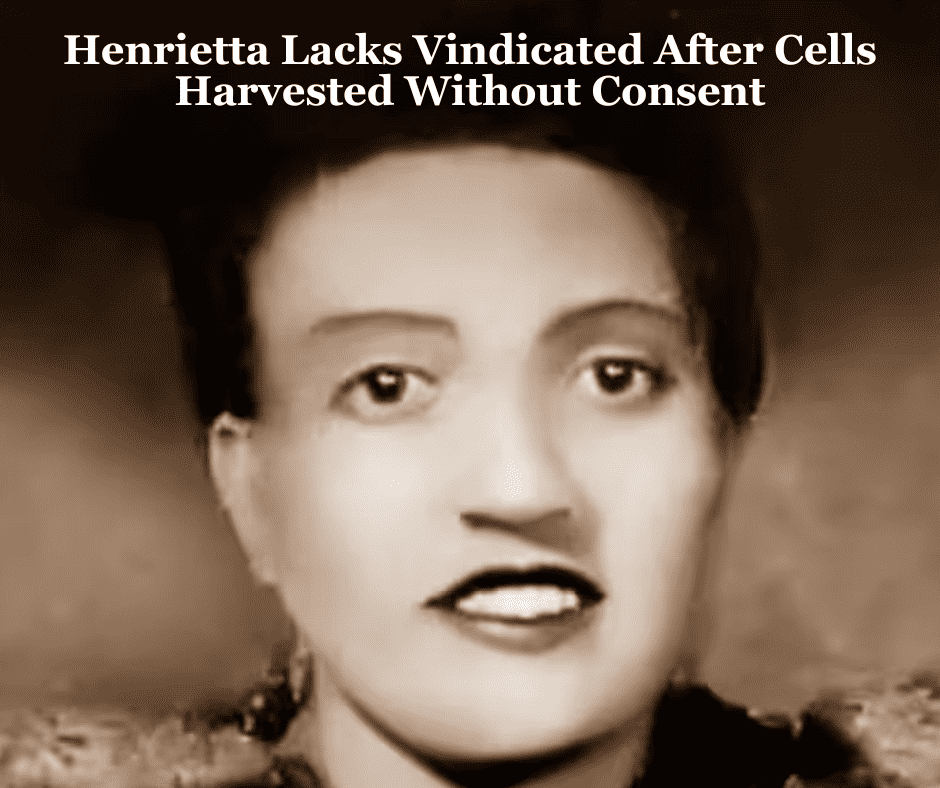


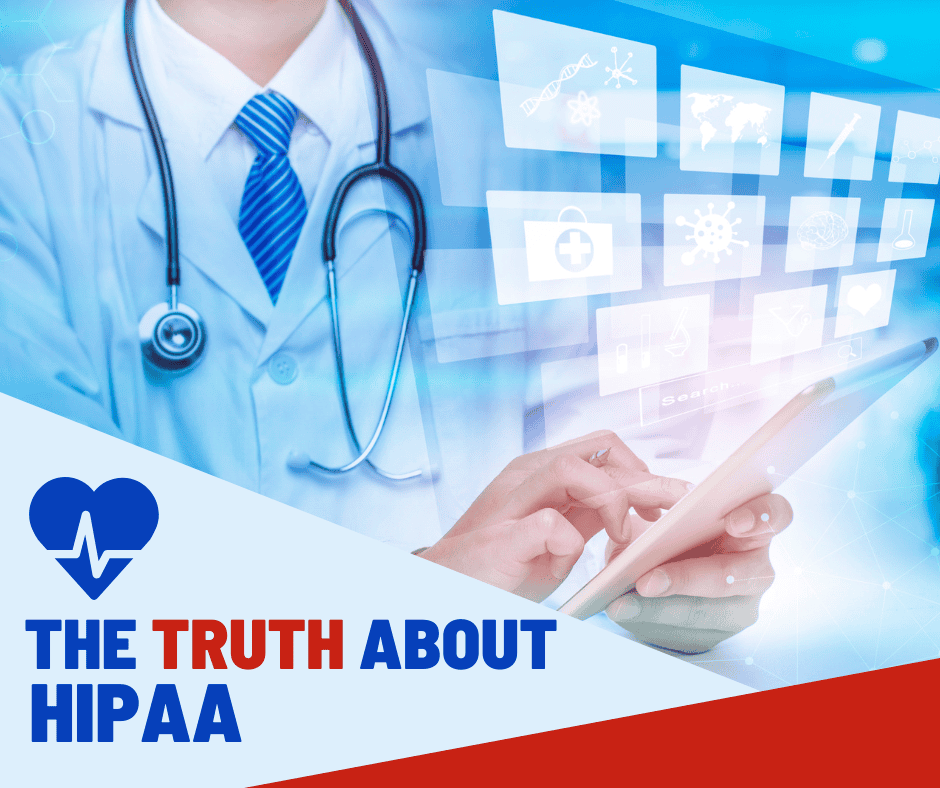

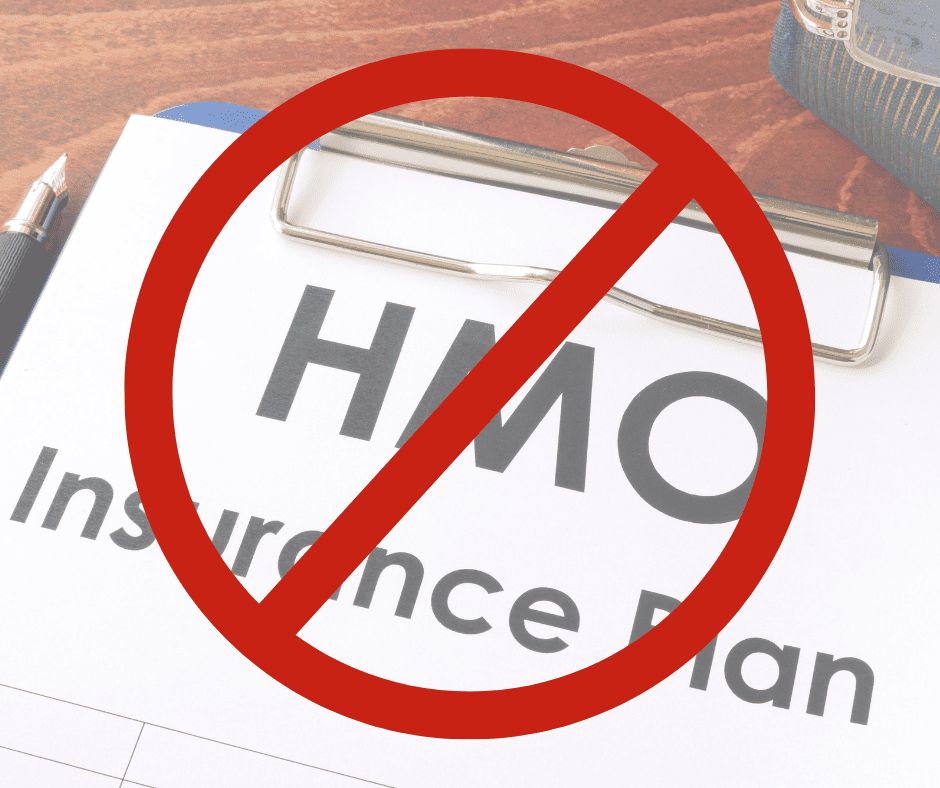
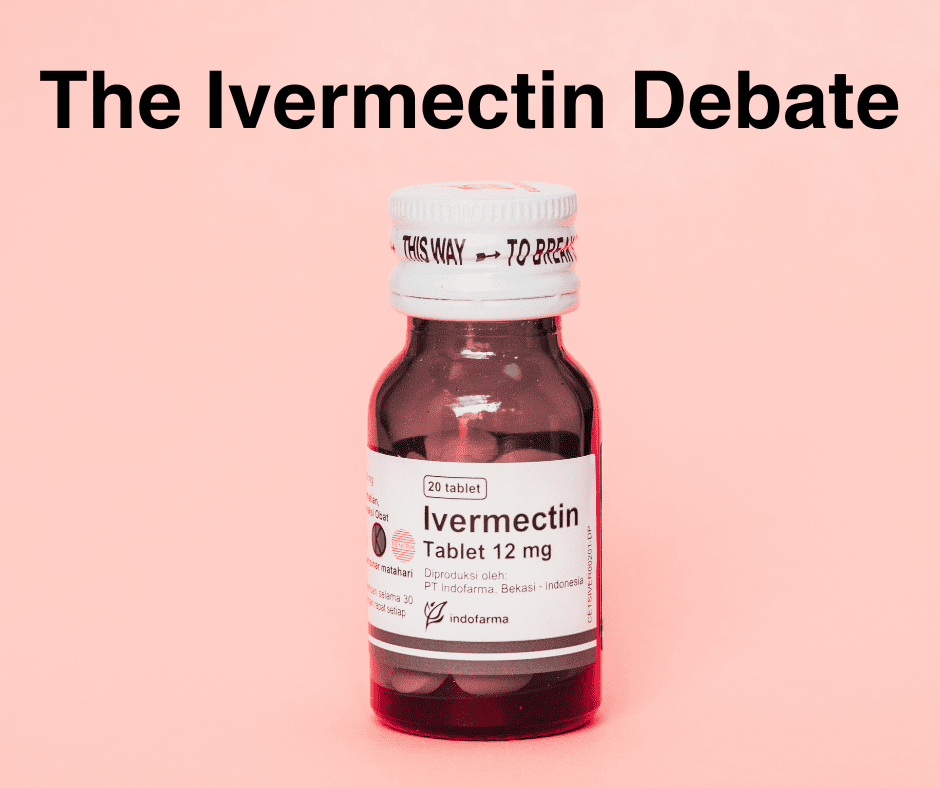
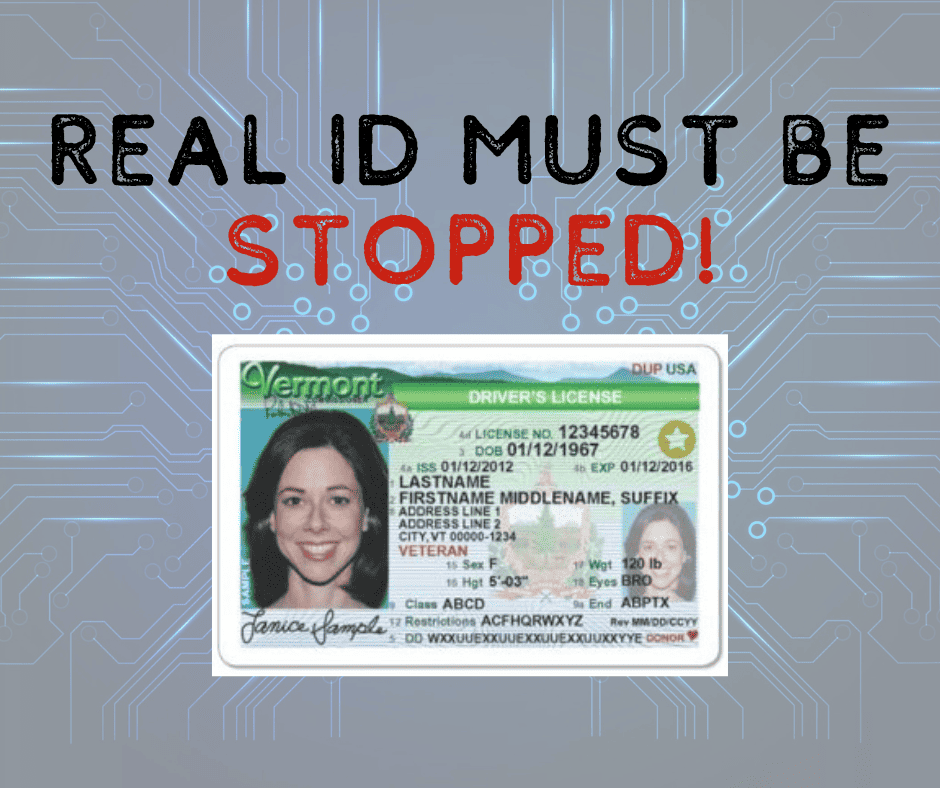

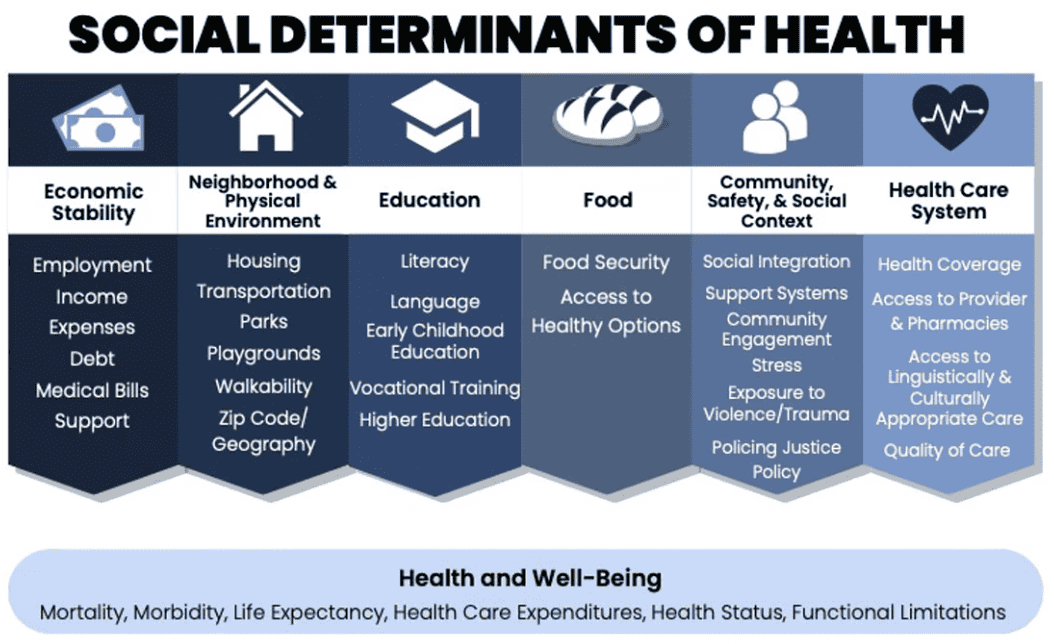
Saving Grace, Good News, and Medicare’s 59th Anniversary